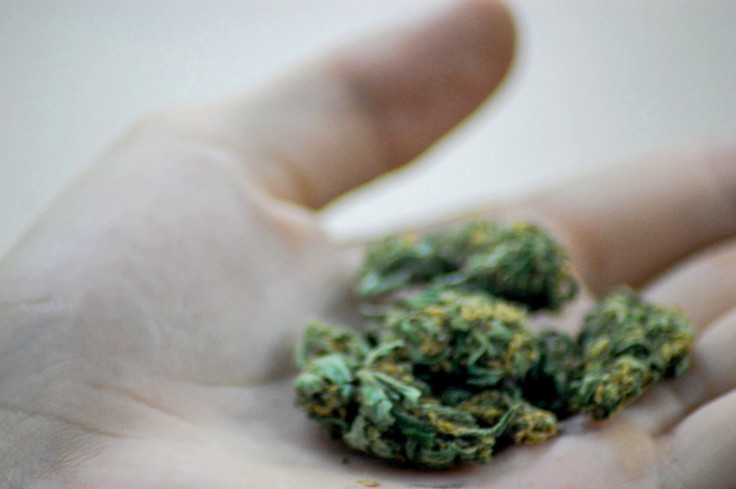Childhood Sexual Abuse Linked To Marijuana Use, But Dependency May Be In Victims' Genes

Does child abuse have the potential to change a victim's genetic makeup and smoking habits? Researchers from Washington University set out to discover how child abuse affects a person's genes and how it influences their relationship with marijuana. Their findings are published in the Journal of Abnormal Psychology.
"We have long known that childhood adversity, and in particular sexual abuse, is associated with the development of cannabis dependence," said the study's senior author Ryan Bogdan, assistant professor of psychological and brain sciences, in a press release. "However, we understand very little about the individual difference factors that leave individuals vulnerable or resilient to these effects."
Marijuana's main psychoactive ingredient THC (tetrahydrocannabinol) has the power to affect different mental and physical functions throughout the body, because it closely mimics chemicals in the endocannibinoid system. This system is located in the brain and is responsible for controlling the signals that cue fear, stress, and hunger; it's also carefully controlled by a set of instructions written in genetic code. In order to understand how child abuse could affect the likelihood of a person's marijuana use, researchers needed to look at the genes of victims.
For the study, Bogdan and his colleagues studied 1,558 Australian marijuana users' who were also the victims of sexual abuse as children. Researchers narrowed in on SNPs (Single Nucleotide Polymorphisms) in their endocannibinoid system, which is the most common form of genetic variations, also known as alleles. Each variation could happen among the A, T, C, or G nucleotide in the genome.
Each allele has information inherited from the biological mother and one from the biological father. Alleles with two matching pieces of genetic information are called homozygotes while mixed pairs are called heterozygotes. Researchers found a pattern emerge from the child abuse victims' SNPs and their level of marijuana dependence: Those who had a homozygote gene variation in the G allele were more likely to have marijuana dependence. None of the child abuse victims had heterozygote gene variations or homozygote gene variations in the A allele.
"As we expected, childhood sexual abuse was overall associated with individuals reporting a greater number of cannabis dependence symptoms," said the study's lead author Caitlin E. Carey, a PhD student, in a press release. "But what was particularly intriguing is that this association was only seen among people with two copies of the more common G allele. People with at least one copy of the less common A allele did not show this pattern, so these data suggest that the A allele may provide some form of resiliency to the development of dependence."
In the next stage, researchers searched for similar gene variations in 859 American participants and found similarities among abuse victims. The A allele variation may be able to protect certain victims from marijuana dependence depending on how their brains' react to threats. Researchers suspect that when a child is repetitively threatened overtime, the A allele becomes less prone to the effects of marijuana in an attempt to achieve the same mood-altering result.
In order to test that theory, researchers then studied 312 college students and found those who reported early life stress were carriers of the A allele variation, but not the homozygote G allele. This led researchers to believe those who experienced childhood traumas and had a variation in their A allele,were less likely to rely on marijuana to cope with future stress. These are preliminary findings, but researchers believe they are the first steps toward understanding the link between how genes impact marijuana use.
Carey concluded: "We won't see a genetic test for cannabis dependence anytime soon, if ever, but it's a start."
Source: Carey CE, Bogdan R, Agrawal A, et al. Monoacylglycerol lipase (MGLL) polymorphism rs604300 interacts with childhood adversity to predict cannabis dependence symptoms and amygdala habituation: Evidence from an endocannabinoid system-level analysis. Journal of Abnormal Psychology. 2015.



























